Typecasting: On the Arts and Sciences of Human InequalityElizabeth Ewen Stuart Ewen Typecasting chronicles the emergence of the "science of first impression" and reveals how the work of its creators—early social scientists—continues to shape how we see the world and to inform our most fundamental and unconscious judgments of beauty, humanity, and degeneracy. In this groundbreaking exploration of the growth of stereotyping amidst the rise of modern society, authors Ewen & Ewen demonstrate "typecasting" as a persistent cultural practice. Drawing on fields as diverse as history, pop culture, racial science, and film, and including over one hundred images, many published here for the first time, the authors present a vivid portrait of stereotyping as it was forged by colonialism, industrialization, mass media, urban life, and the global economy. | The Skull Collectors: Race, Science, and America's Unburied DeadAnn Fabian When Philadelphia naturalist Samuel George Morton died in 1851, no one cut off his head, boiled away its flesh, and added his grinning skull to a collection of crania. It would have been strange, but perhaps fitting, had Morton’s skull wound up in a collector’s cabinet, for Morton himself had collected hundreds of skulls over the course of a long career. Friends, diplomats, doctors, soldiers, and fellow naturalists sent him skulls they gathered from battlefields and burial grounds across America and around the world.
With The Skull Collectors, eminent historian Ann Fabian resurrects that popular and scientific movement, telling the strange—and at times gruesome—story of Morton, his contemporaries, and their search for a scientific foundation for racial difference. From cranial measurements and museum shelves to heads on stakes, bloody battlefields, and the “rascally pleasure” of grave robbing, Fabian paints a lively picture of scientific inquiry in service of an agenda of racial superiority, and of a society coming to grips with both the deadly implications of manifest destiny and the mass slaughter of the Civil War. Even as she vividly recreates the past, Fabian also deftly traces the continuing implications of this history, from lingering traces of scientific racism to debates over the return of the remains of Native Americans that are held by museums to this day.
Full of anecdotes, oddities, and insights, The Skull Collectors takes readers on a darkly fascinating trip down a little-visited but surprisingly important byway of American history. Finding Order in Nature: The Naturalist Tradition from Linnaeus to E. O. WilsonPaul Lawrence Farber Since emerging as a discipline in the middle of the eighteenth century, natural history has been at the heart of the life sciences. It gave rise to the major organizing theory of life — evolution — and continues to be a vital science with impressive practical value. Central to advanced work in ecology, agriculture, medicine, and environmental science, natural history also attracts enormous popular interest.
In Finding Order in Nature Paul Farber traces the development of the naturalist tradition since the Enlightenment and considers its relationship to other research areas in the life sciences. Written for the general reader and student alike, the volume explores the adventures of early naturalists, the ideas that lay behind classification systems, the development of museums and zoos, and the range of motives that led collectors to collect. Farber also explores the importance of sociocultural contexts, institutional settings, and government funding in the story of this durable discipline.
"The quest for insight into the order of nature leads naturalists beyond classification to the creation of general theories that explain the living world. Those naturalists who focus on the order of nature inquire about the ecological relationships among organisms and also among organisms and their surrounding environments. They ask fundamental questions of evolution, about how change actually occurs over short and long periods of time. Many naturalists are drawn, consequently, to deeper philosophical and ethical issues: What is the extent of our ability to understand nature? And, understanding nature, will we be able to preserve it? Naturalists question the meaning of the order they discover and ponder our moral responsibility for it." — from the Introduction Gross America: Your Coast-to-Coast Guide to All Things GrossRichard Faulk Part "Weird U.S." and part "Roadside America," GROSS AMERICA offers families a road trip through the USA that would delight the King of Bad Taste John Waters and the unflappable guys on MTV's "Jackass." Sure, you could use your vacation days to take the family to the beach again. Or, you could plan a trip to see brains in jars, frozen dead guys, and visit a factory that makes candy-coated insects. You can:
head down to Houston, Texas, and walk inside a 27-foot model of the human intestinal systemvisit a Civil War battlefield embalming dioramahead over to explorers Lewis & Clark's latrineslook at the world's largest fungusvisit the Museum of Jurassic Technology in Culver Citytouch the oldest human turdrecoil from a massive human hairball that grew for seven years before it was surgically removed from the stomach of a 12-year-old girl who suffered from compulsive hair nibblingsee the corroded mandible of a Tyrannosaurus Rex at the nation's largest natural history museum in Chicagovisit the first funeral home to offer flameless cremation servicesmake a pilgrimage to Chicago to visit America's last remaining plastic vomit factoryjourney to Cambridge, Massachusetts, to see a dog poop–fueled streetlamptravel to Nederland, Colorado, for “Frozen Dead Guy Days,” an annual celebration of at-home cryogenics experimentsspend some time among the preserved human brains at Philadelphia's Mutter Museumtake in the acclaimed cockroach dioramas of Plano, Texas Gross America is a coast-to-coast catalog of the most grandly gross science experiments, beautifully bizarre art, and delightfully disgusting historical sites that America has to offer. Part travel atlas, part trivia guide, Gross America presents these United States as you've never seen them before—weird, wonderful, strange, and totally, utterly gross. This Republic of Suffering: Death and the American Civil WarDrew Gilpin Faust More than 600,000 soldiers lost their lives in the American Civil War. An equivalent proportion of today's population would be six million. In This Republic of Suffering, Drew Gilpin Faust reveals the ways that death on such a scale changed not only individual lives but the life of the nation, describing how the survivors managed on a practical level and how a deeply religious culture struggled to reconcile the unprecedented carnage with its belief in a benevolent God. Throughout, the voices of soldiers and their families, of statesmen, generals, preachers, poets, surgeons, nurses, northerners and southerners come together to give us a vivid understanding of the Civil War's most fundamental and widely shared reality. |
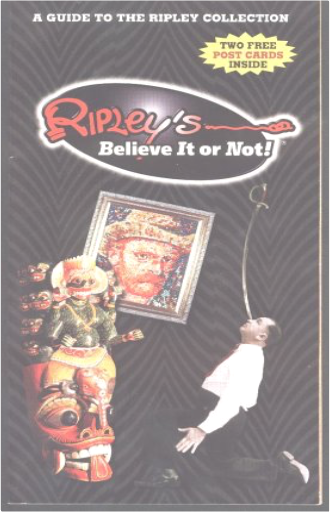
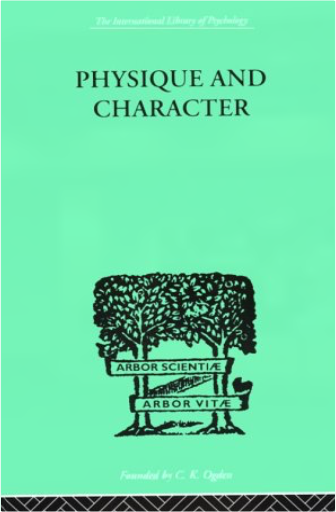
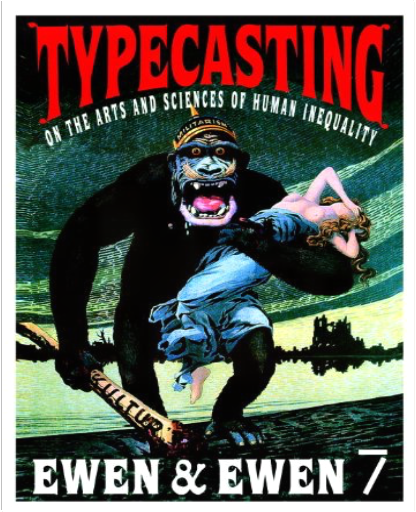
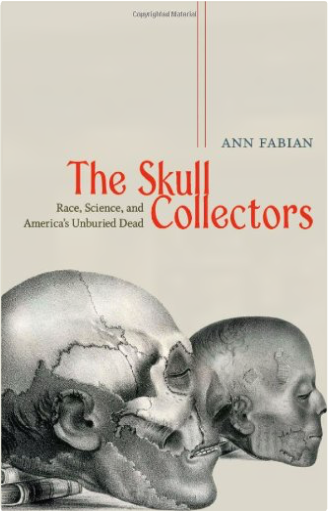
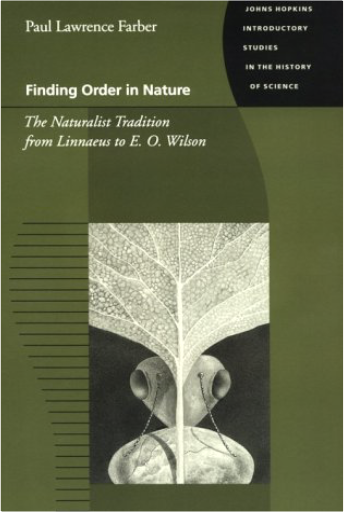
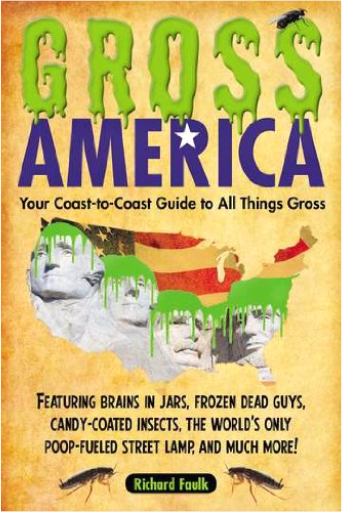
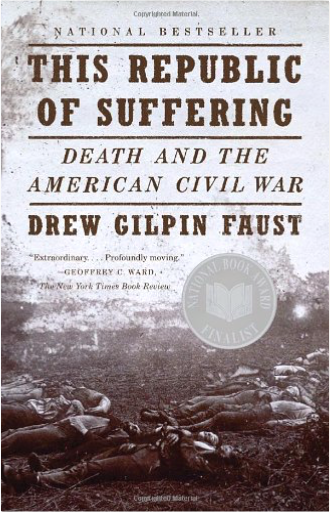


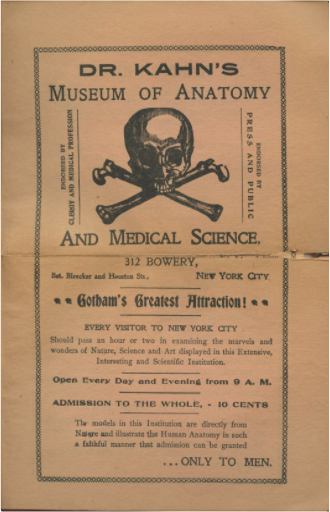
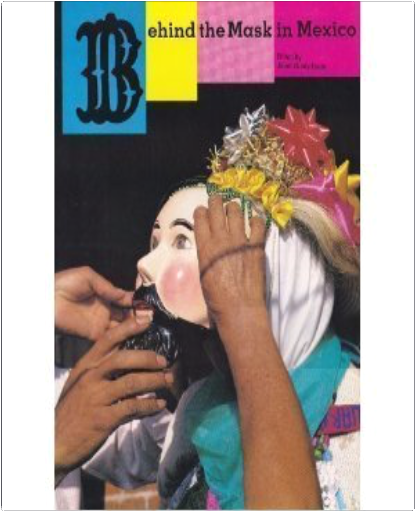
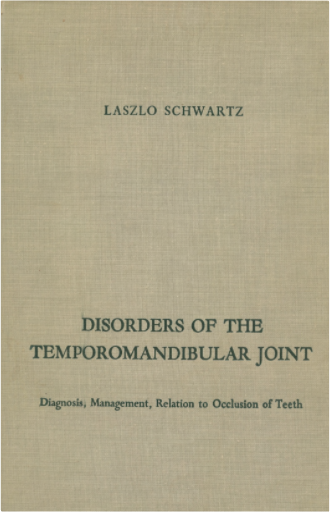
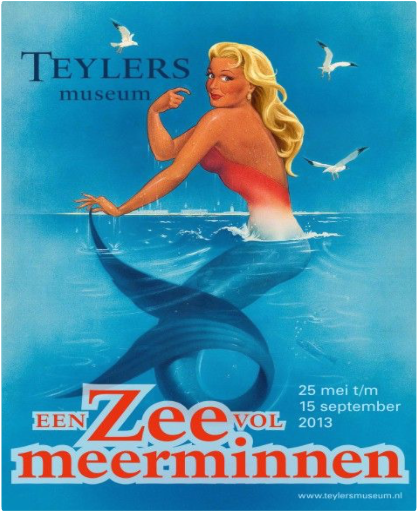
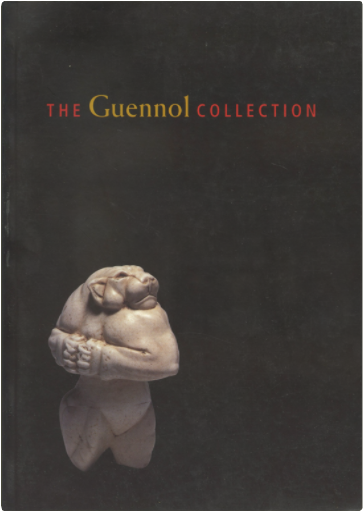

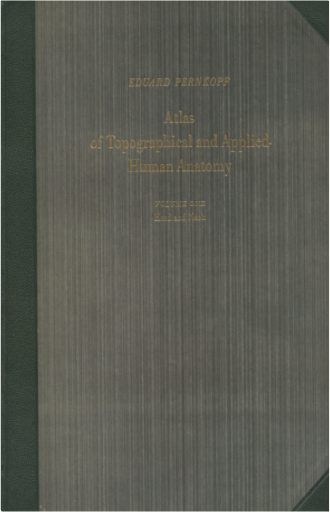
 Made with Delicious Library
Made with Delicious Library